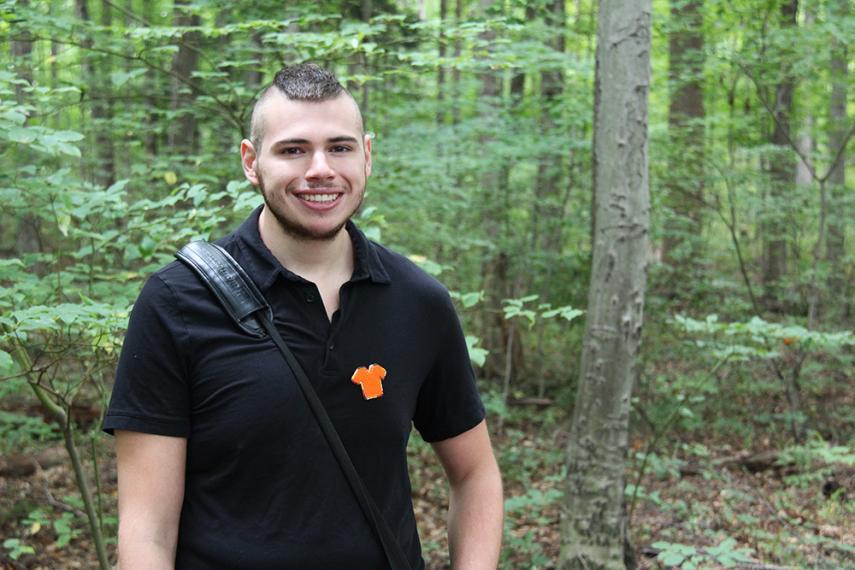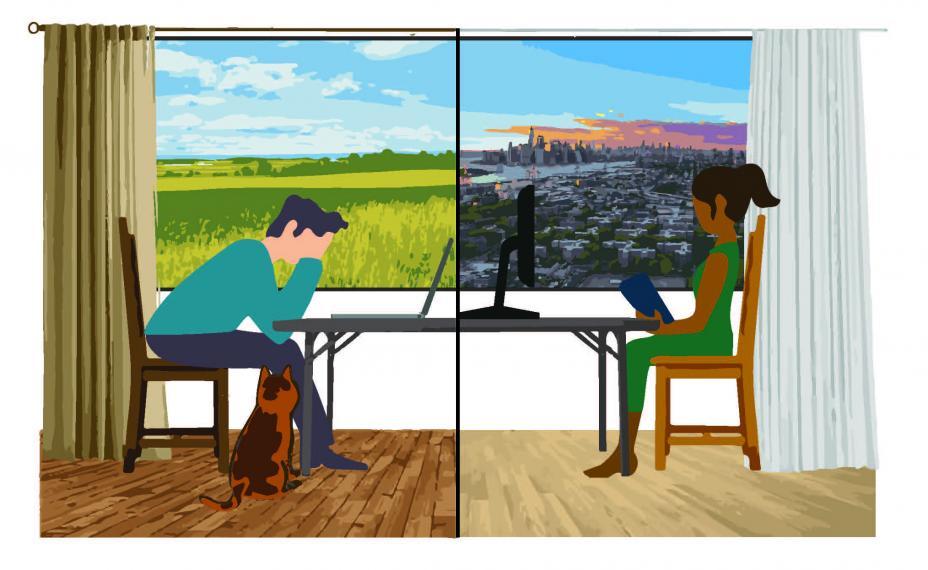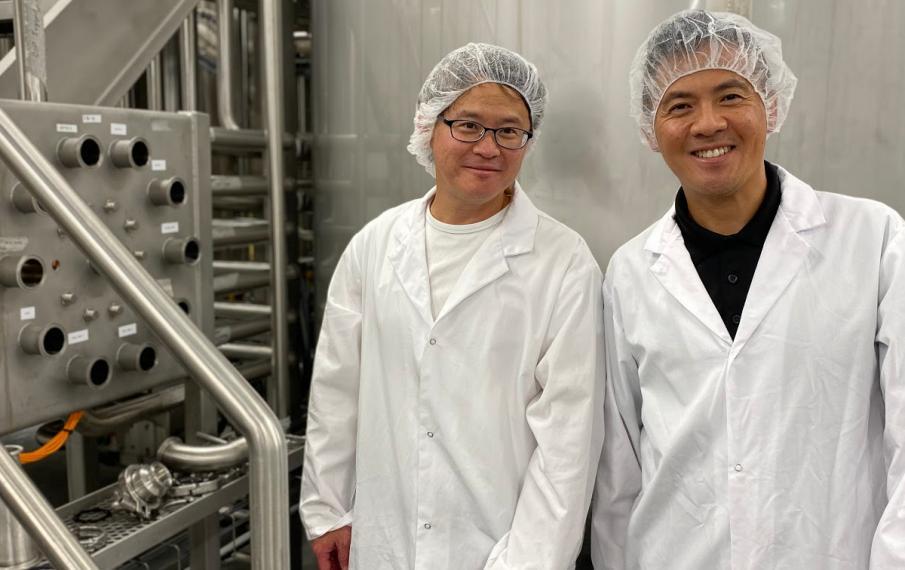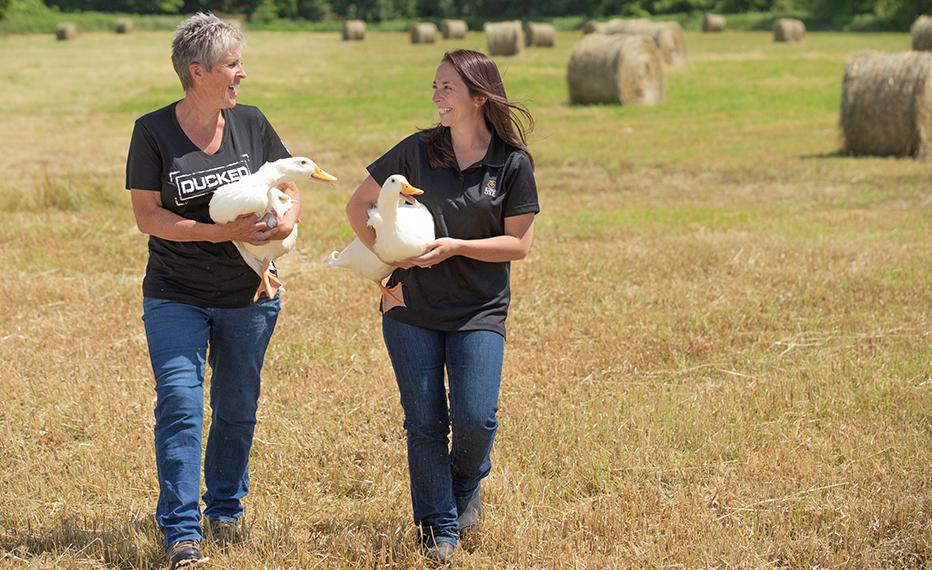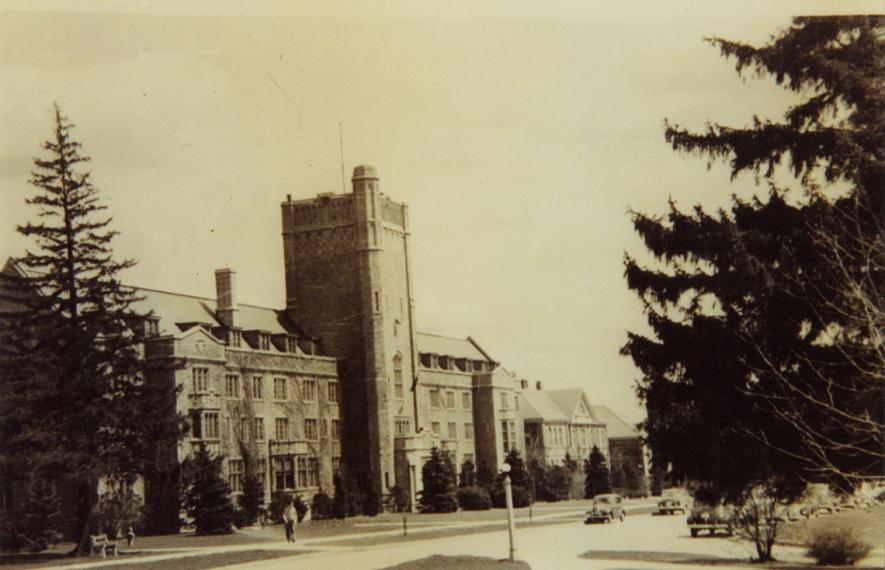U of G Prof Co-authors Expert Panel Report on Crop Plant, Food Security Threats
Helping Canada to meet current and emerging threats to its crop plants and food security is the purpose of a new report by an expert panel including a University of Guelph plant scientist.
Released Jan. 27 on the Council of Canadian Academies website, the report identifies key risks posed to Canadian crop plants by climate change, extreme weather events and pests ranging from insects to diseases to weeds. “Cultivating Diversity” also pinpoints gaps and overlaps in governance, from registration of crop protection products to communication among federal and provincial agencies.
